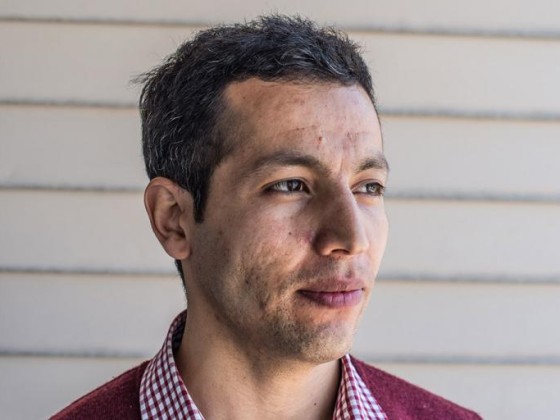Qais Akbar Omar says he appreciates his life in the United States, which has given him shelter, an education and a certain amount of fame.
But it’s not Afghanistan, his home country.
“Of course I would love to go home,” Qais says, sitting in his small but comfortable apartment in the Boston suburb of Quincy. “In Kabul, when I wake up in the morning and see the mountains, I know those mountains are mine.”
